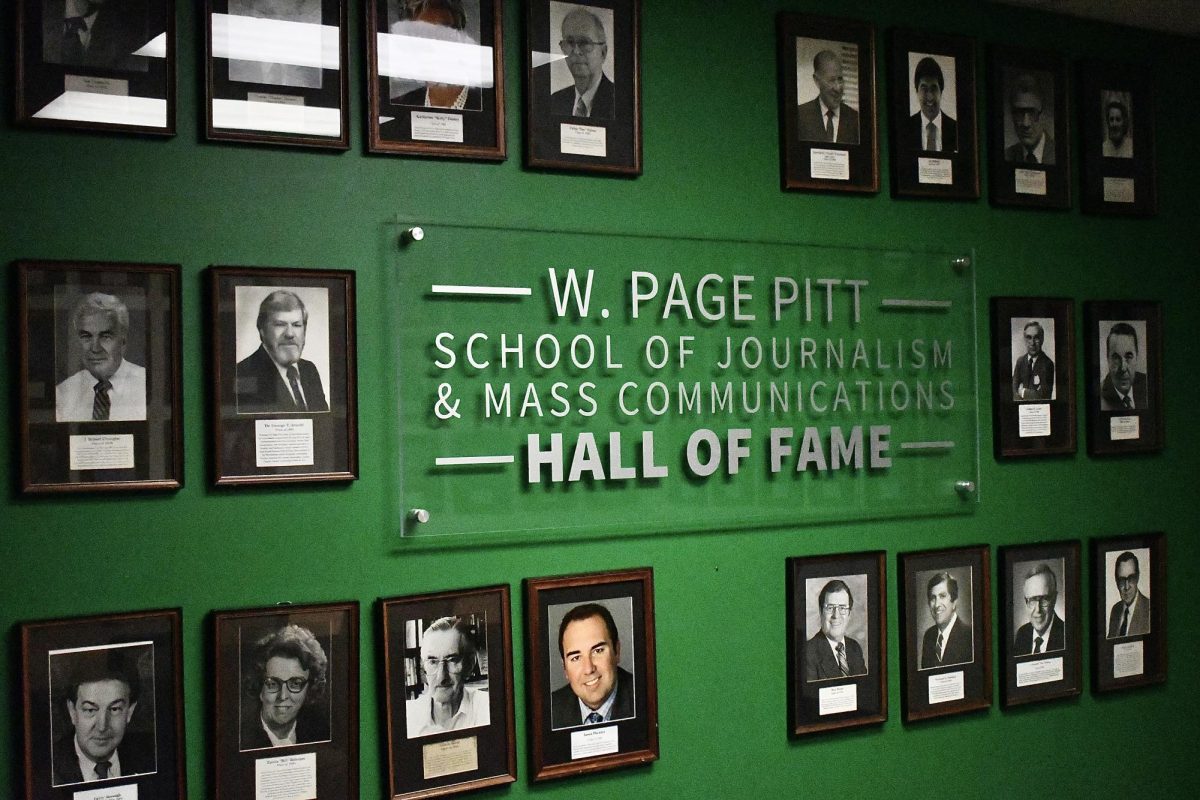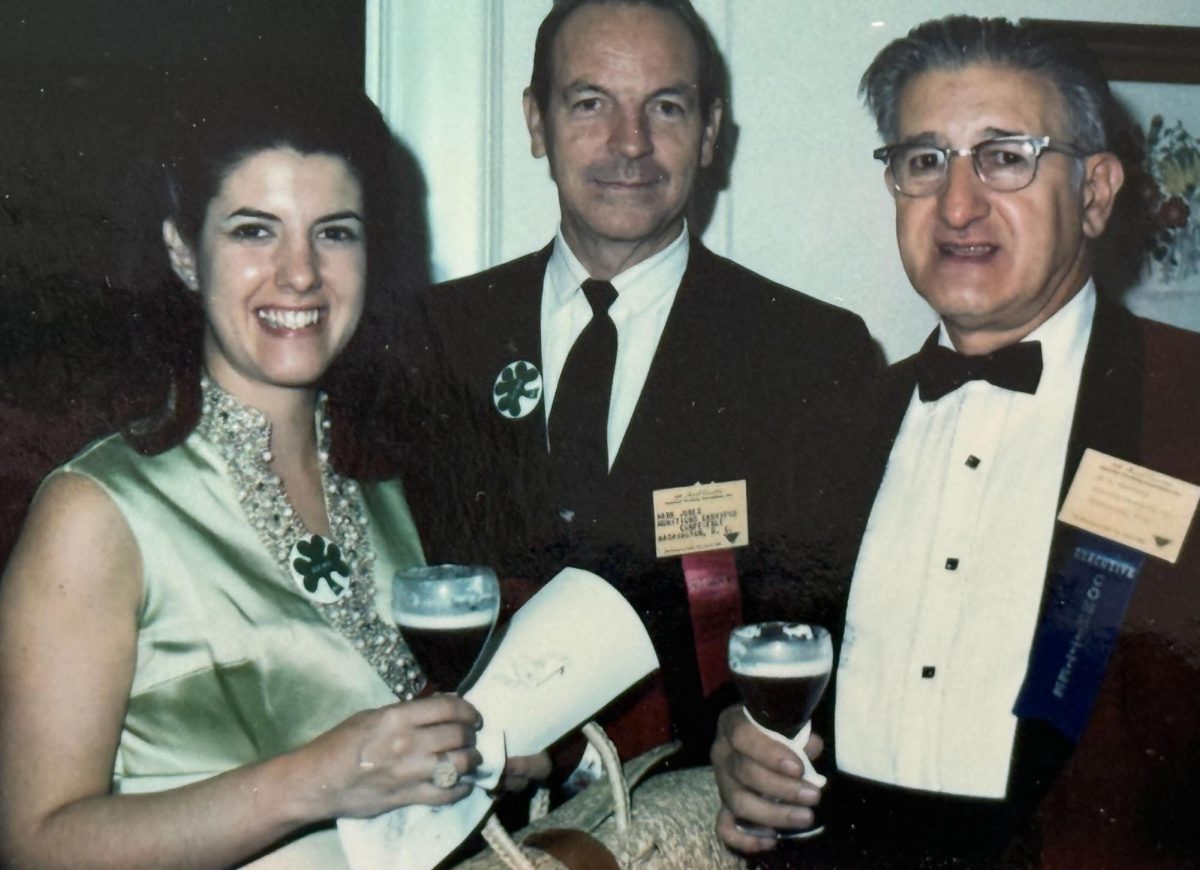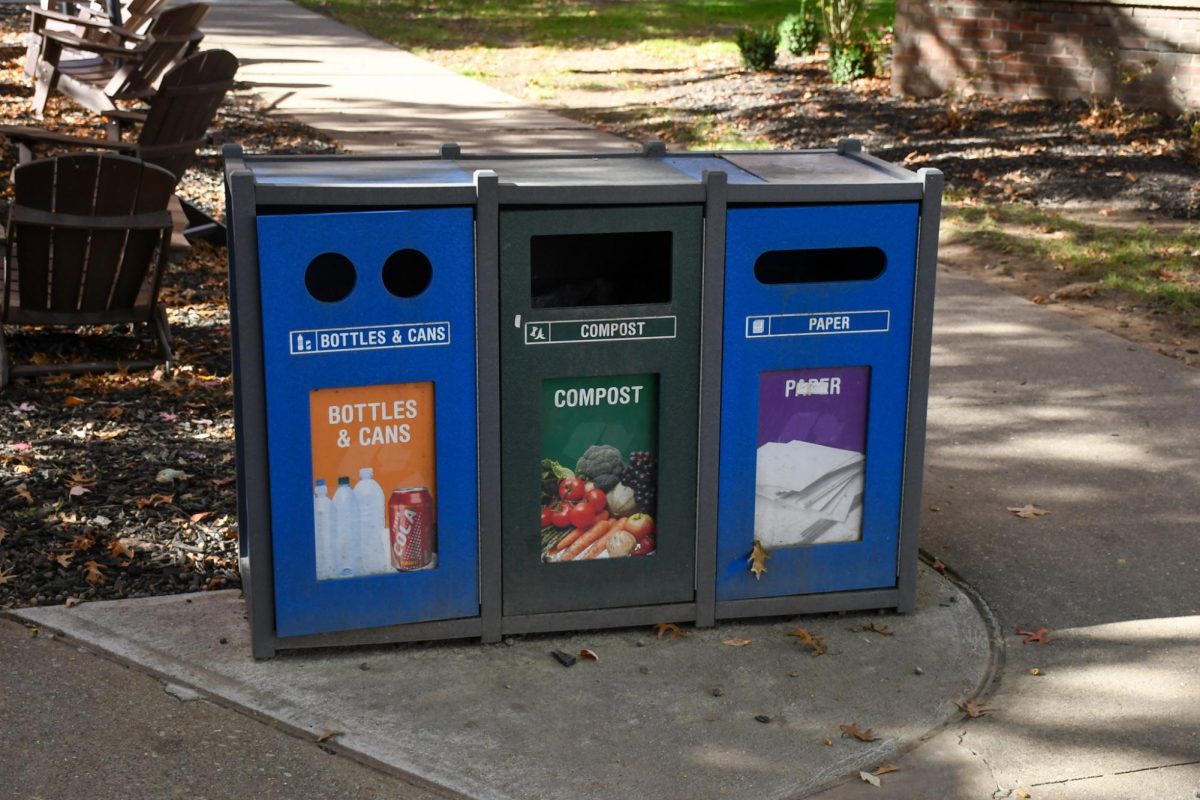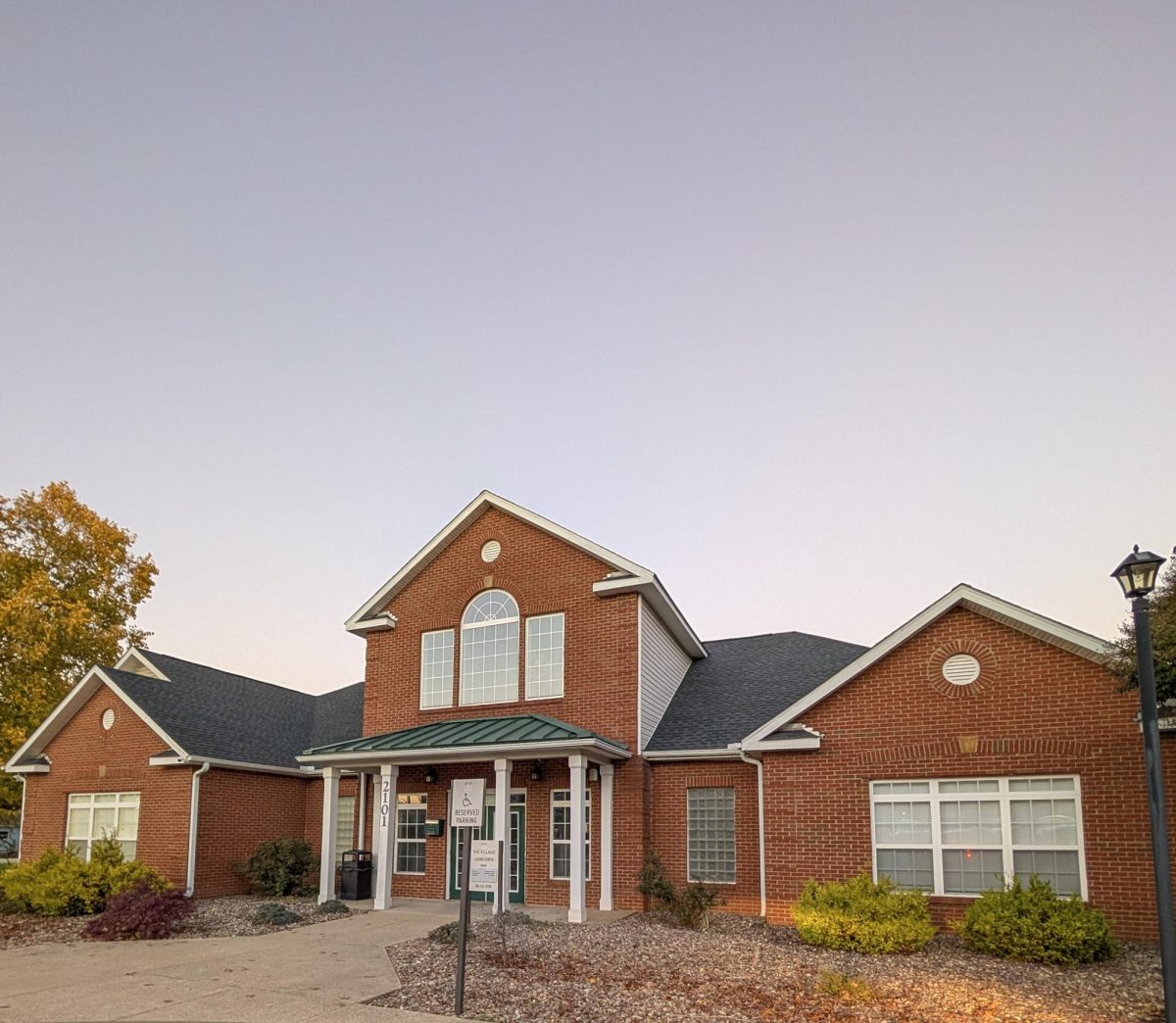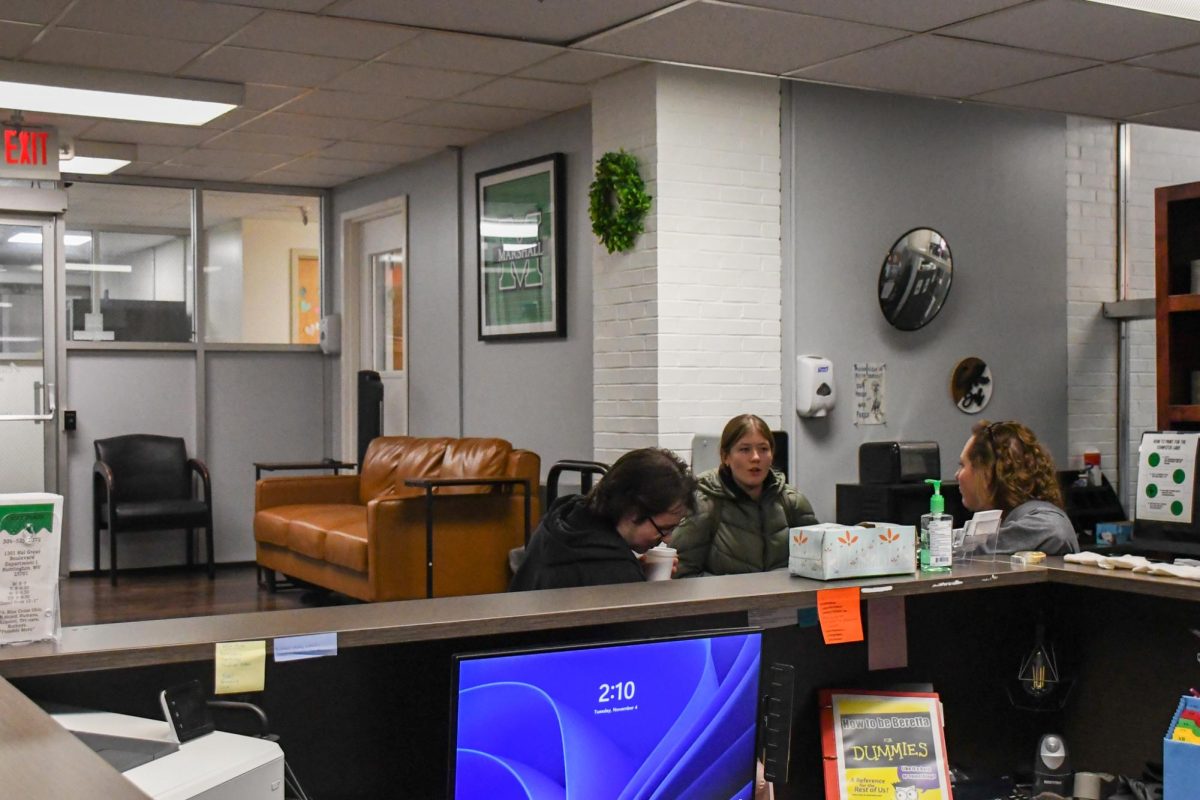On Marshall’s campus, free speech is guaranteed via the Constitution, just not guaranteed to always be sanction free, the interim provost said.
Free speech is protected by the country’s First Amendment, but the university has policies in place to address the impacts of certain types of speech, Robert Bookwalter said.
”For example, direct incitement of violence towards another individual is not covered by free speech at a constitutional level,” Bookwalter said. “On campus, we have policies like HR, Board of Governors and Student Conduct as some speech can be a violation of policy.”
Academic dishonesty, bullying, harassment, fraud, identity theft and Title IX violations are a few examples of speech that may be unprotected after the appealment process, he said.
“When we get an accusation of a violation of policy, we follow due process,” Bookwalter said. “We put some sort of neutral investigation and fact finding together to find out if the policy was violated.”
In terms of speech, he said the issue is not always whether it is harmful, but whether it violates university policies.
As for class discussions, academic freedom permits professors to teach the subject matter of their course without punishment while also guiding them on what is appropriate to teach and what opinions to share.
“If I was teaching a history class, and I wanted to cover slavery in America, I could not be punished for covering it,” Bookwalter said. “If I were covering that in a calculus class, you could certainly say it doesn’t belong there.”
Bookwalter said often when disturbing historical events occur, students often come to class wishing to discuss them. However, if a professor were to offer their opinion in a course where the subject matter is not protected by academic freedom, it could become an issue.
While academic freedom serves as the policy for in-class discussions, the lines for freedom of speech protections via social media differ slightly, Bookwalter said.
In light of the aftermath of Charlie Kirk’s, right-wing political activist and former CEO of Turning Point USA, assassination, several college professors have faced repercussions for comments made about him via social media.
Two professors from Clemson University in South Carolina have been fired over social media posts regarding Kirk’s death, with one reshared comment calling the murder “swift and ironic” karma and another post encouraging people to, “Be a Tyler Robinson.” The posts have since been deleted despite the firing.
“In the case of someone cheering on a murderer, the university has values and a culture they publish,” Bookwalter said. “Marshall publishes the Marshall creed, and it says we are going to be socially conscious and honest.”
Bookwalter said regardless of free speech, representatives of the university have a level of conduct they must uphold to avoid investigation.
“If someone publishes something that’s quite a bit at odds with Marshall University value as we publish them, that can lead to a conversation with our employees to ask them whether they are fairly representing themselves,” he said.
As for students, Bookwalter said the handbook of student conduct serves as the guiding post for all things freedom of speech.
“There are sanctions students can be subject to, such as if they harassed or bullied someone else on campus,” he said. “Theoretically, they can do anything they want, but they cannot do so without the risk of sanctions.”
Above all, reviewing university policies and upholding the values that make Marshall’s campus a better place should be top priority, Bookwalter said.
“I would hope we would govern ourselves in such a way as to make our relationships better, our community better and our nation better by virtue of our actions,” he said.
Kaitlyn Fleming can be contacted at fleming115@marshall.edu.








